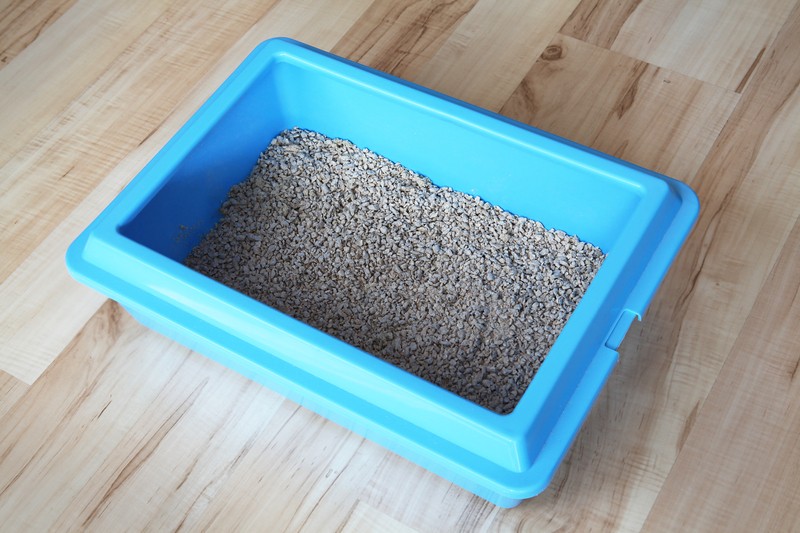Relax and worry about doggy accidents a lot less with these training tips. Your doggy will be an expert with the litter box in no time.
Can you Litter Train a dog?
If you have just gotten or are thinking about getting a small dog or puppy, you may think about training the puppy to use a litter box, as they have smaller bladders than those dogs of larger breeds, which means they just can't hold their bladder as long.Using the litter box as means of house training a smaller breed dog, you will be able to feel comfortable leaving the dog at home all day without a potty break, while you are at work for say 8 to 9 hours or more 5 or more days a week.
Small dogs can be trained to use a litter box. Having a litter trained dog can be beneficial to allow the dog to “go potty” whenever they need to. This is helpful when you are at work and cannot let the dog outside.
What do I need to Litter Train my Dog?
For the most part, the main things that you will need include a litter box and some sort of litter.Cleaning Supplies
Be sure to have plenty of cleaning supplies handy, such as mops, Swiffers, and paper towels because whille training your dog, you are bound to run into a few accidents.You will also want to consider brooms and dust busters to sweep, or vacuum loose litter that your dog may kick around.
Accidents
Be prepared for accidents when house and litterbox training. If you do not completely clean urine stains, the spot will become reoccurring spots that the dog will use.
Litter Training Your Dog
You want to design an environment that is going to be hard for your pooch to fail, which means that you want to first pick an area where you want the litter box to go. Typically tiled floors work best for easy cleanups. Bathrooms or utility rooms work great.You want to constantly monitor the dog whe it is not in its bathroom area, and if you cannot watch the dog, put him in his bathroom area or crate. If you see any common potty signals, incourage the dog to go to the litter box, but do not care him and rush him to the litter box, as this can cause fear.
You may want to develop a keyword or a phrase to tell the dog to, go potty in his potty area.
When getting the dog used to the litter box, you want to get him used to getting in and out of the box, but manually putting him in the litter box, giving him the potty cue when you put him in the litter box. Make sure to praise the dog.The dog will probably get out of the litter box on his own, to which point you repeat the routine of putting him back in the litter box and saying the cue. You may even want to give the dog a treat.
From paper to the litter pan
If your dog is already trained to go to the bathroom on paper, whether newspaper or potty pads, this will make a pretty easy transition to the litter box.Crate Training Style
The crate training method of litter box training a dog is pretty easy, as it uses the basic crate training techniques, which is nearly always effective as long as you follow the tips. Basically, the dog isn't going to potty where he eats and sleeps, which means it's pretty important to make sure that the size of the crate or crate area is the proper size.You also want to make sure that yoru dog is already used to the concept of the litter box and understand that he's supposed to go potty in the box.
You want the crate area to be sturdy so that the dog can't jump over or hurt himself trying to escape. You can use an actual crate, just make sure that there is enough room for the litter box. If you decide to use a puppy pen or a larger cage, fill any unused space, so that the dog doesn't use the bathroom somewhere other than the litter box.
Continue this method until the dog goes to the litter box on his own.
These tips are so easy! It's no wonder more doggy owners are switching to litter boxes instead of dealing with puppy pads or taking their dog outside all of the time!
If you want more information on litter box training, make sure you visit HubPages.










